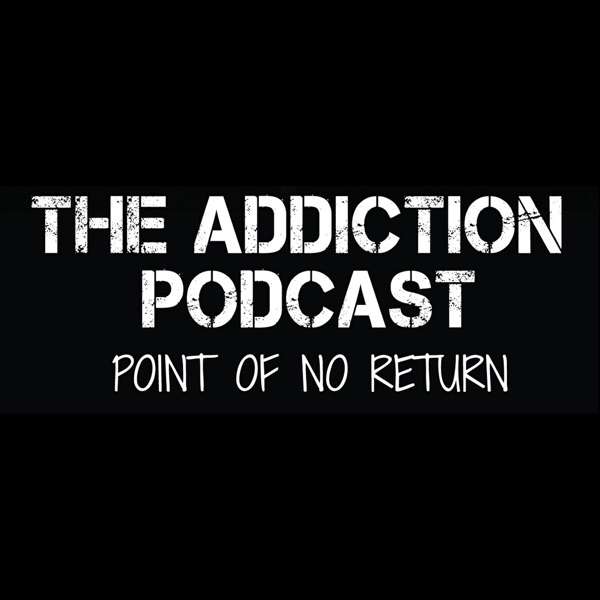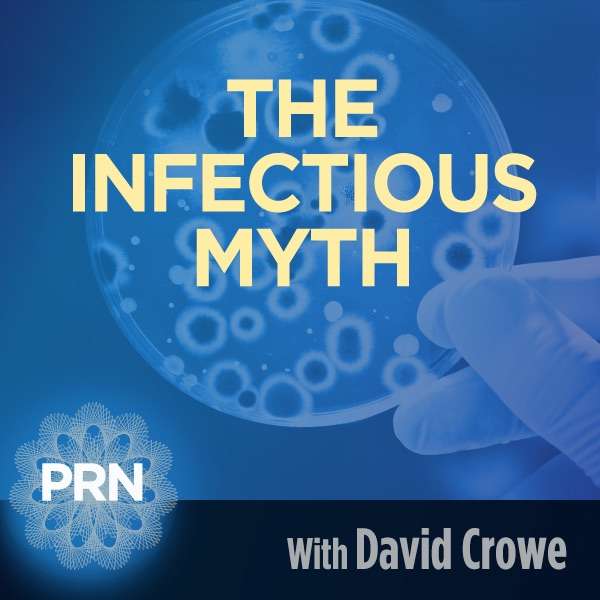Dr. Therese O’Neil-Pirozzi (t.oneil-pirozzi@northeastern.edu) is an Associate Professor in the Department of Communication Sciences and Disorders at Northeastern University, a research faculty member of the Spaulding Rehabilitation Hospital/Harvard Medical School Traumatic Brain Injury Model System, and a practicing clinician. She is the author/co-author of numerous peer-reviewed publications, spanning a broad range of topics including brain health, cognitive-communicative function, and neuroplasticity.
Professor Sohlberg (mckay@uoregon.edu) is known internationally for her pioneering work in the field of cognitive rehabilitation. Her research focuses on the development of treatments that help people with acquired brain injury manage cognitive impairments. Her work includes evaluating treatment protocols for individuals with persistent cognitive effects following concussive injuries, the design and evaluation of assistive technology tools to support adolescents and adults with acquired brain injury function optimally in their communities, and development of processes to facilitate patient centered goal setting. Dr. Sohlberg has contributed to a number of evidence-based practice guidelines supported by the Academy of Neurologic Communication Disorders & Sciences and sits on several national committees working on interdisciplinary practice in cognitive rehabilitation. She has authored two seminal textbooks in the field including her new 2023 text titled Transformation of Cognitive Rehabilitation. Professor Sohlberg has been teaching and conducting research at the University of Oregon since 1994. She teaches graduate courses related to cognitive rehabilitation and evidence-based practice and provides clinical supervision in the Brain Injury and Concussion Clinic (BrICC) in the College of Education HEDCO clinic.
Byom, L., O’Neil-Pirozzi, T. M., Lemoncello, R., MacDonald, S., Meulenbroek, P., Ness, B., & Sohlberg, M. M. (2020). Social Communication following adult traumatic brain injury: A scoping review of theoretical models. American Journal of Speech-Language Pathology, 29(3), 1735–1748. https://doi.org/10.1044/2020_ajslp-19-00020
Meulenbroek, P., Ness, B., Lemoncello, R., Byom, L., MacDonald, S., O’Neil-Pirozzi, T. M., & Moore Sohlberg, M. (2019). Social Communication following traumatic brain injury part 2: Identifying effective treatment ingredients. International Journal of Speech-Language Pathology, 21(2), 128–142. https://doi.org/10.1080/17549507.2019.1583281
Meulenbroek, P., O’Neil-Pirozzi, T. M., Sohlberg, M. M., Lemoncello, R., Byom, L., Ness, B., MacDonald, S., & Phillips, B. (2022). Tutorial: The speech-language pathologist’s role in return to work for adults with traumatic brain injury. American Journal of Speech-Language Pathology, 31(1), 188–202. https://doi.org/10.1044/2021_ajslp-21-00129
O’Neil-Pirozzi, T. M., Kennedy, M. R. T., & Sohlberg, M. M. (2016). Evidence-based practice for the use of internal strategies as a memory compensation technique after brain injury: A systematic review. Journal of Head Trauma Rehabilitation, 31(4). https://doi.org/10.1097/htr.0000000000000181
Sohlberg, M. M., MacDonald, S., Byom, L., Iwashita, H., Lemoncello, R., Meulenbroek, P., Ness, B., & O’Neil-Pirozzi, T. M. (2019). Social Communication following traumatic brain injury part I: State-of-the-art review of assessment tools. International Journal of Speech-Language Pathology, 21(2), 115–127. https://doi.org/10.1080/17549507.2019.1583280

 Our TOPPODCAST Picks
Our TOPPODCAST Picks  Stay Connected
Stay Connected







